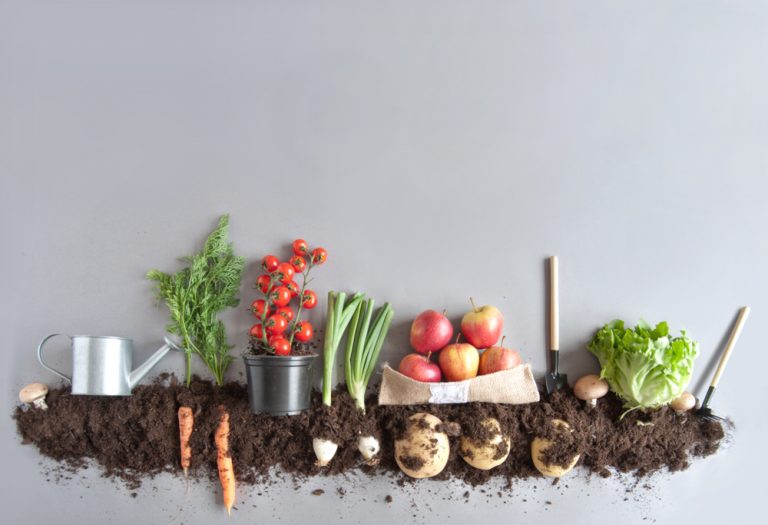Organic food is more valuable than conventional versions - this is confirmed by a lot of research. Organic fruits and vegetables contain fewer pesticides and carcinogenic heavy metals, and more vitamins than conventional ones. In contrast, organic meat has less fat and more protein than that of animals of factory farms. Check what is still a difference between organic and conventional food.
What is organic food?
Organic food produced in accordance with the laws of nature. It is free of pesticides, growth-promoting substances, heavy metals and other harmful substances. However, despite this many experts still doubt whether organic food is healthier than the conventional. According to the report Food Standards Agency (FSA) in the UK in 2009, there is a significant difference between these types of foods or there are significant nutritional benefits flowing from consuming a product known as ‘eco’.
Organic food - meat
Meat derived from animals of factory farming has fewer nutrients than that derived from animals raised in the better conditions, and thus have access to fresh air and space in which it can move more freely. It not without significance is the way of nutrition. Cows, pigs and chickens from factory farming are fed grain and soybeans, so their meat contains fatter and less desirable nutrients than meat from animals that can graze on the grass and nibble trees or shrubs.
The animals have more access to fresh air, where they can feed on grass and mixed feed, the healthier the foods derived from them
Organic food - eggs
Eggs from hens with access to free-range are even twice as much of vitamin E, almost three times more beta-carotene and up to 30 per cent. more omega-3 fatty acids than those of hens raised in cages.
Organic food - milk
Milk from cows from pasture contains up to 180 per cent. more beta-carotene and up to 100 per cent. more omega-3 fatty acids than that of the cows in the stalls closed. Higher nutritional value of the milk from cows feeding on the pastures penetrates also that not administered genetically modified hormones stimulate the milk production, as it is on some farms.
Organic food - fish
Better to avoid farmed carnivorous fish species such as salmon, trout, cod and halibut, probably because they are fed with the wild fish - Peruvian Anchovy and others. It is better to choose wild salmon or trout. You should know that wild salmon contains up to 60 per cent. less fat than those breed.
Organic food - fruit and vegetables
The research British scientists at Newcastle University, who analyzed data from 343 studies comparing organic and conventional products, that organic fruits and vegetables are healthier. First of all, they contain nearly half of cadmium (carcinogenic heavy metal) and four times fewer pesticides. They are also characterized by a lower concentration of nitrogen (10 percent.), Nitrate (30 percent.), And nitrite (by 87 per cent.) than those of conventional ones. In addition, organic fruit and vegetables contain from 18 to 69 per cent. more antioxidants - including the strongest of them - resveratrol - than those of conventional crops. The results of the research were published in the journal ‘British Journal of Nutrition’
Other studies have also proven that organic potatoes have a higher content of vitamin C than conventional ones. A survey carried out on the same variety of apples (Golden Delicious) it follows that they have a copy of, among others 19 per cents more antioxidants and 9 per cents more fibre.






